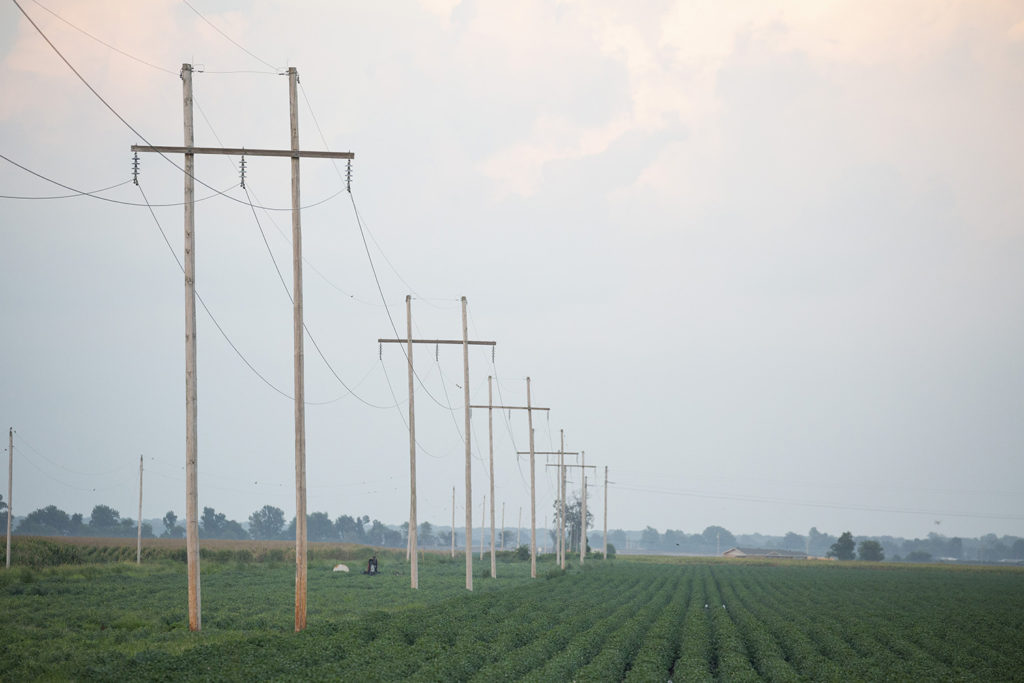
For decades, communications providers in Georgia have claimed that pole attachment fees charged by electric cooperatives are too high, attempting to have the legislature mandate lower fees to subsidize their for-profit businesses. More recently, cable and internet service providers falsely claimed that pole attachment fees are the primary roadblock to extending broadband into the state’s unserved rural areas.
Now, the co-ops in Georgia have offered an incentive to push broadband deployment in the state.
In a precedent-setting ruling from the state public service commission, Georgia co-ops volunteered to temporarily drop new annual attachment fees to $1 per pole for broadband providers. The rate kicks in on July 1 and covers areas identified by the state as lacking broadband.
“If the pole attachment fee is the barrier, we just took that barrier away,” said Dennis Chastain, president and CEO of Georgia Electric Membership Corp., the statewide association based in Tucker.
As part of the ruling, the commission set a cost-based annual co-op pole attachment rate of $27.71 for existing equipment in areas now served with broadband. Companies qualifying for the new $1 rate will revert to the cost-based fee after six years of delivering broadband service.
Chastain said he believes the PSC ruling “absolutely could spur rural broadband service if cable providers are serious about wanting to expand in rural areas.”
“Our co-ops just want their members to have access to broadband,” he said. “They will forgo six years of cost recovery on a pole if that means their members get broadband service.”
Georgia EMC, the statewide trade association for Georgia’s 41 electric distribution co-ops and generation and transmission companies, negotiated the so-called “One Buck Deal” to end years of complaints by internet service providers about co-op pole attachment rates after the state legislature tasked the commission with resolving the issue by Jan. 1, 2021.
Chastain’s team worked with industry experts and used NRECA resources to develop the solution, which could be replicated by other co-op statewide associations facing similar battles.
“This is a big win for electric cooperative members and unserved communities in Georgia,” said Brian O’Hara, NRECA senior regulatory director. “The Georgia PSC balanced the need for incentivizing broadband deployment and ensuring that cooperatives can fully recover the cost of communication attachments on their poles. This decision could serve as an example for other states when pole attachments are reviewed.”
As part of the deal, Georgia co-ops must report the total attachments to their poles and the total revenue from these attachments to the PSC every two years. Telecom companies were ordered to report their total broadband customers and investment in expanding broadband.
Danny Nichols, Colquitt EMC’s general manager, said the One Buck Deal “will help EMCs partner with broadband providers in unserved areas and ensure that our members’ investments in the co-op infrastructure will stay here in our own service territories and not leave the state for more profitable projects in urban areas.”
Cathy Cash is a staff writer at NRECA.